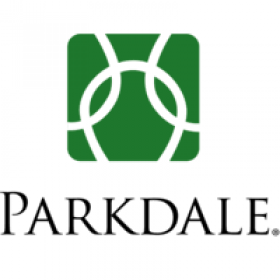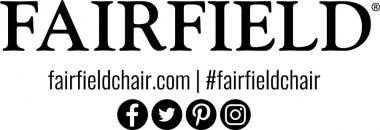NCTO: Letter to President Biden to prioritize American manufactors
U.S. Senator Sherrod Brown (D-OH) and U.S. Representative Kathy Manning (D-NC) wrote to President Biden calling on the Administration to prioritize purchasing fully made in America Personal Protective Equipment (PPE). The lawmakers outline four steps the Administration can take now to ensure our frontline workers have products needed to effectively carryout their critical responsibilities and to support domestic manufacturers who are ready to scale up production and help keep workers healthy and safe.
In their letter, Brown and Manning call on President Biden, through Executive Order and legislative efforts, to:
- Prioritize the purchase of fully made in America PPE “Berry compliant” to help continue bolstering the U.S. supply chain regardless of purchasing agency;
- Issue long-term contracts directly to domestic manufacturers when possible to help bolster the domestic supply chains;
- Adopt a contracting purchase methodology that uses “Best Value” criteria versus “Lowest Price Technically Acceptable” criteria; and
- Designate a point person in charge of coordinating the government’s efforts to procure PPE and other medical equipment who is responsible for meeting regularly with key domestic manufacturing stakeholders.
A full copy of Brown and Manning’s letter can be found here.
National Council of Textile Organizations




























